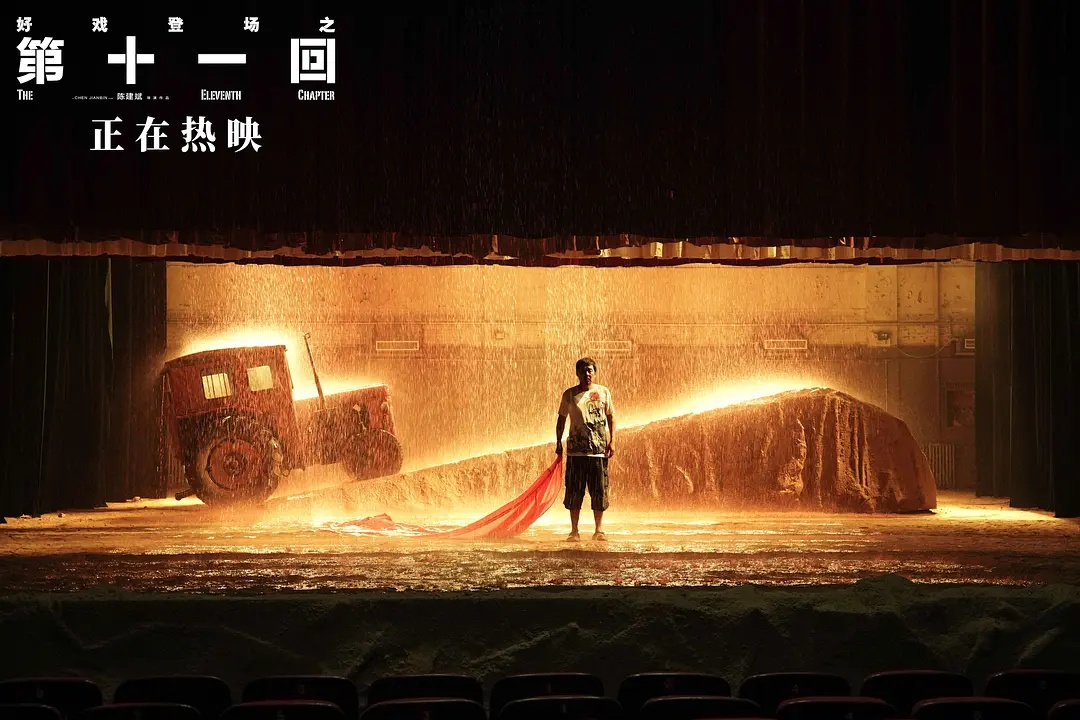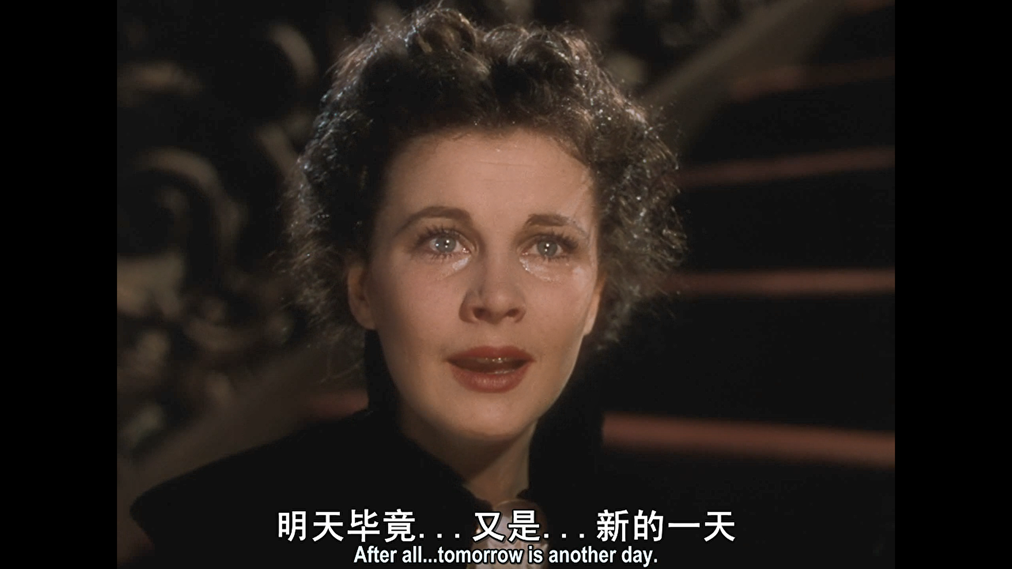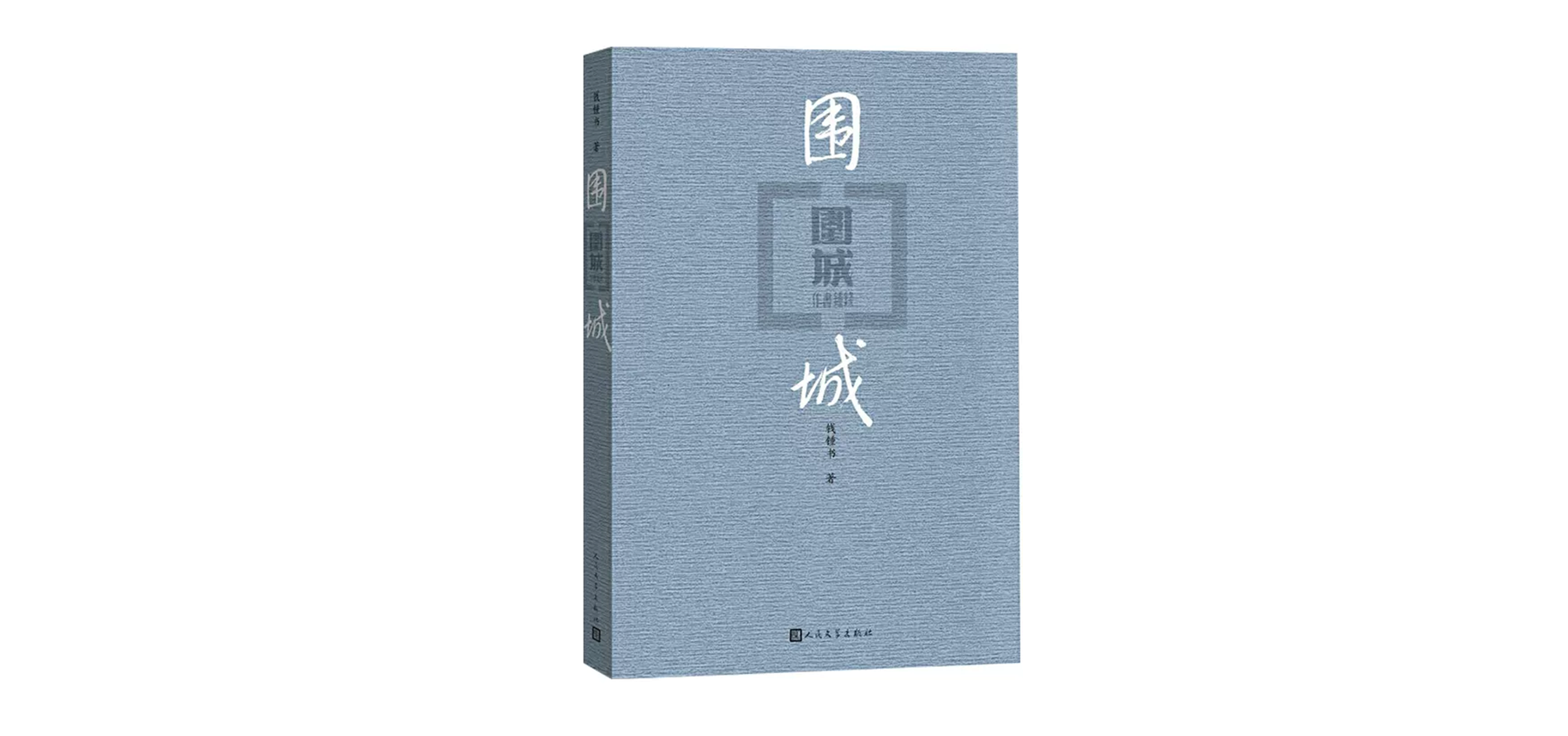每日外闻15
The novel that rekindled my love for sci-fi.
The plot of Seveneves (七夏娃) gets going when the moon blows up without warning and for no apparent reason. This isn’t a spoiler—it’s the first sentence of the book. “The moon blew up without warning and for no apparent reason.” People figure out that in two years, chunks of the moon will rain down on Earth in a cataclysmic (灾难性的) meteor (陨石) shower, wiping out (摧毁) every living thing and leaving the planet uninhabitable (不适宜居住的) for thousands of years. The world unites on a plan to get as many spacecraft as possible into orbit (轨道), where a few select people can ride out (安全度过) this Hard Rain and keep humanity going.
The book has so many cool ideas, for example, one is Stephenson’s writing on technology. Seveneves belongs in the subgenre of hard science fiction, which means it emphasizes scientific accuracy. Everything adheres to physical laws, so unlike Star Wars, no one travels anywhere near the speed of light. Stephenson tells you not just what happens, but how it happens. You’ll learn all about how orbits work and what it takes to connect two spacecraft in different orbits. You’ll learn the difference between fuel and propellant (推进燃料). There’s a long but clever passage about a woman who flies from Earth into orbit in a glider (滑翔机) while wearing a suit made of intelligent fabric (织物).
The other thing that struck me is the way the book pushes you to think big and long-term. If everyone learned that the world would end two days from now, there would be global panic, plus a big dose of hedonism (享乐主义). But what if it were ending two years from now? Would people keep going to work? Would kids go to school? If they did, what would you teach them?
In the last third of the book, there’s a fascinating exploration of the connection between culture and genetics. If only a few humans survived and had to start all over (重新开始), what would happen to distinctions of class and race? How much are you shaped by your genes, your family’s history, and your own experiences? In the wrong hands, this material could be dreary (枯燥的,沉闷的), but Stephenson does a good job of exploring it while moving the story along.
It helps that he throws in other nice touches to keep you thinking. The title is a palindrome (回文), though how that’s relevant is left up to you. The number 7 from the title turns out to matter in more than one way. And you might enjoy trying to figure out which characters were inspired by real people. There’s a famous astrophysicist (天体物理学家)/science explainer who sounds a lot like Neil deGrasse Tyson.
See you tomorrow












